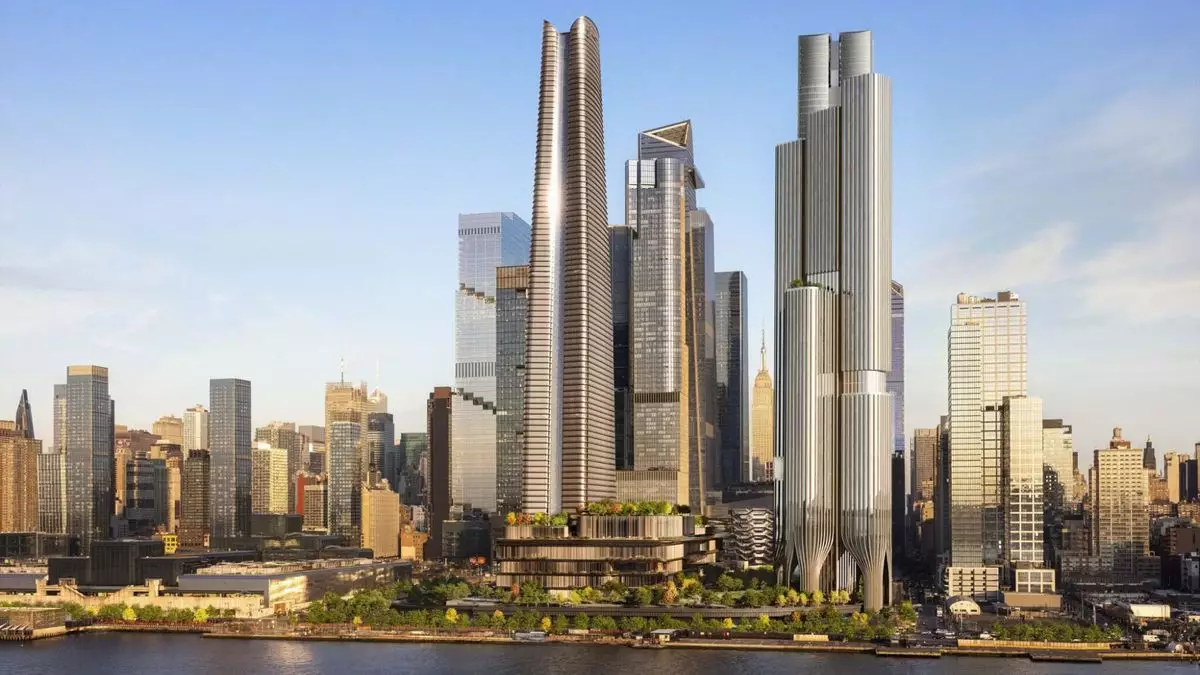Wynn Resorts and Related Companies recently decided to withdraw their ambitious proposal for a $12 billion casino complex in the vibrant Hudson Yards section of New York City. Their decision, influenced heavily by powerful community sentiments and local opposition led by city councilman Eric Bottcher, signifies much more than just a setback for a corporate giant. It raises critical questions about the intersection of corporate interests with grassroots activism. In essence, the move highlights the tug-of-war between developmental aspirations and the palpable reluctance of local communities to embrace projects they perceive as disruptive.
Eric Bottcher’s vocal resistance is not an isolated case; he stands as the voice of many local residents and organizations, such as Friends of the High Line and Manhattan Community Board 4, who are deeply concerned about the ramifications of a casino in the middle of their neighborhood. This pushback points to an essential truth: community voices matter. As developers and corporations forge ahead with towering ambitions, they must grapple with the fact that their megaprojects can often disrupt the intricate social fabric of neighborhoods.
Corporate Strategy and Calculated Decisions
Amidst this backdrop, Wynn Resorts made it abundantly clear that their decision to step back from the gaming license application was not just a reflection of community feedback but also a calculated business strategy. Their statement indicated a belief that the current political and social climate in New York was not favorable for their casino project. They chose instead to redirect their energies and investments towards existing and upcoming developments, as well as stock buybacks that would benefit shareholders directly. This pivot epitomizes a significant trend among corporations: the prioritization of immediate shareholder returns over long-term, community-based projects.
However, this decision could also be interpreted as a win for community activists. In a world increasingly dominated by big business, victories like this one serve as crucial reminders of the power of collective action. While it is common to bemoan the influence of megacorporations on urban landscapes, instances such as this reveal that community efforts can sometimes sway even the most influential players. The likely intention behind the casino proposal—creating thousands of jobs and generating revenue—was overshadowed by the community’s desire to preserve their neighborhood’s identity and character.
The Road Ahead: Affordable Housing Initiatives
As Related Companies pivot to focus on affordable housing, it remains to be seen whether this shift can truly address the needs and concerns raised by local residents. The Hudson Yards development is an ambitious project that has already transformed the area into a bustling hub. Yet, with growing concerns around housing affordability and accessibility, the decision to prioritize affordable housing initiatives could foster goodwill with the community.
By moving forward in this direction, Related Companies may be seeking to rebuild trust with local stakeholders. Cities across the globe are grappling with rising inequality and substantial housing crises, and the decision to invest in affordable housing is indeed commendable. However, this commitment must go beyond mere tokenism; it demands a genuine engagement with the community that extends well into project planning and execution. Only through this approach can developers instill a sense of ownership and collaboration within local neighborhoods—ensuring that future projects align with the residents’ visions and aspirations.
Wynn Resorts’ withdrawal not only underscores the power of community voices but also reiterates the necessity for developers to engage with and understand the social dynamics at play in urban environments. It’s a complex dance that can lead to either communal harmony or further conflict—a balance that is crucial for sustainable growth.


Leave a Reply